
Culture & Sports
11:00, 24-Jun-2017
Chinese newspaper in Cuba revived to mark immigrant anniversary
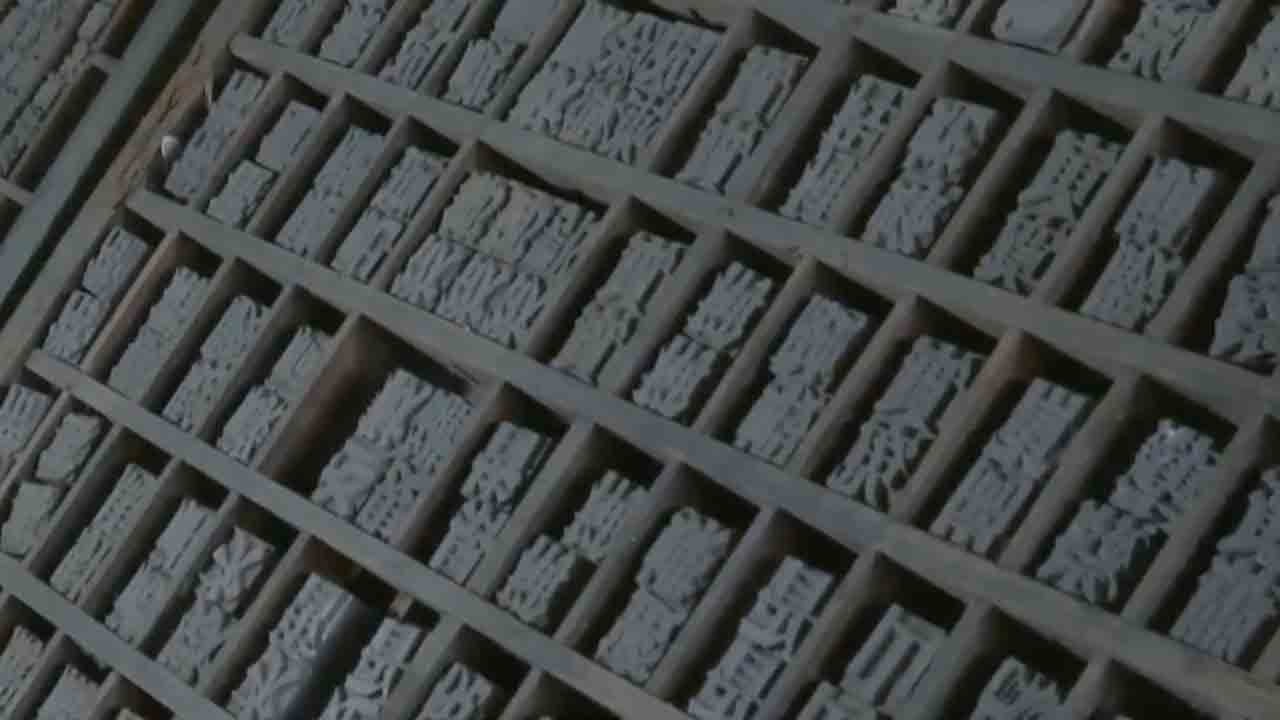
By CGTN’s Michelle Begue
A newspaper in Cuba that’s been silent for five years is rolling off the presses again.
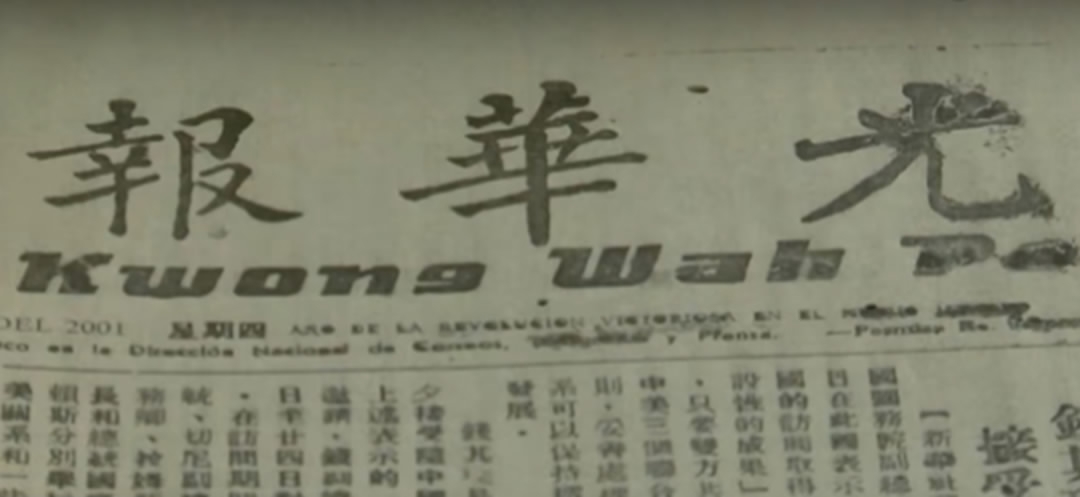
CGTN Photo
CGTN Photo
The revival of the Kwong Wah Po is part of celebrations to mark the arrival of the first Chinese immigrant to the island 170 years ago.
For decades, dating back to 1928, this paper reported on the lives and interests of the Chinese community living in Cuba.
A team of 10 men is reviving the community newspaper following its half decade of dormancy.
Lazaro Caballero, 67, has worked in the printing industry for 50 years, and his expertise was critical to restoring these 19th century printing machines for the Chinese newspaper.
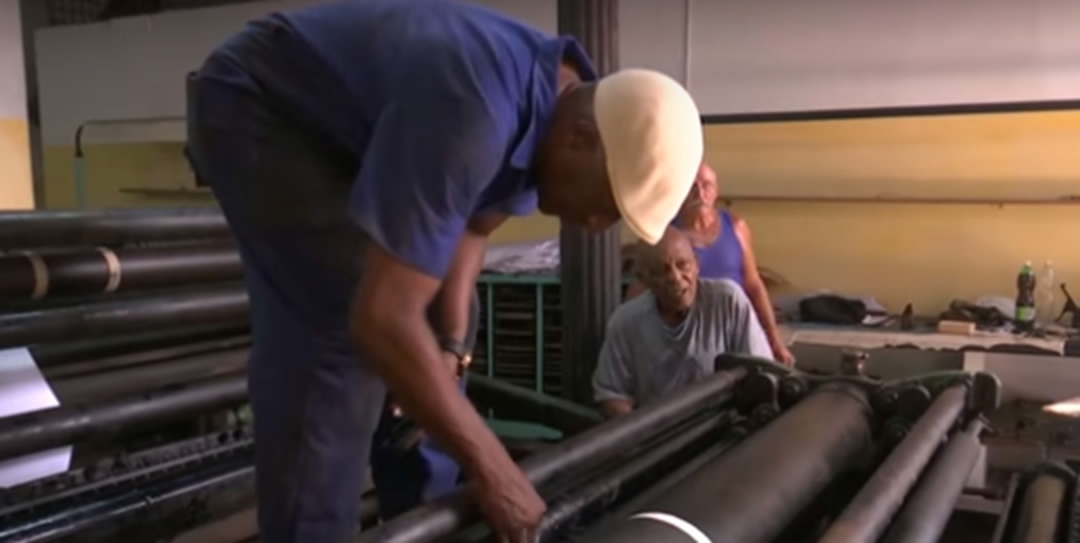
CGTN Photo
CGTN Photo
"Initially some thought this would be impossible because of the state these machines were in, but the team that is working together took up the challenge and with innovation we have rescued them. That is what you see here," the printer said.
The Havana Chinatown printing house was closed for some years after Castro’s revolution, and then revived until it closed again five years ago. Young people on the island worked alongside older generations to rehabilitate the machines. The biggest challenge was finding rare parts to restore machines like this US-made Duplex Printing Press.
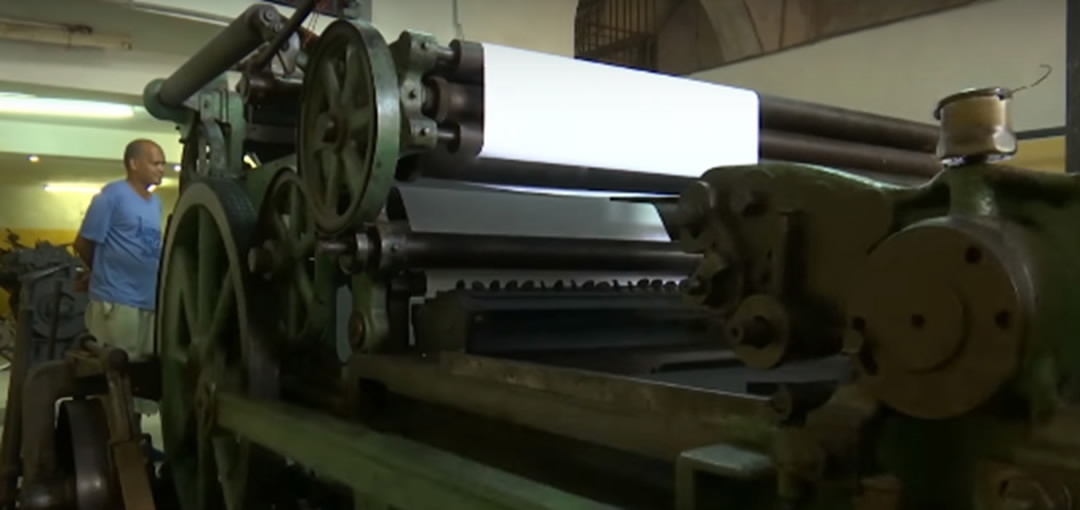
CGTN Photo
CGTN Photo
There is no written history about this machine, but Chinese Cubans in Havana said Chinese students living in France brought this machine in the mid-1800s from Europe.
"We want to create a live museum where these machines that are more than 120 years old are capable of producing useful things for our culture," Printing House Administrator Pedro Creach said.
The printing house hopes to print coloring books and school pamphlets in the near future – books that are otherwise imported into Cuba from abroad.
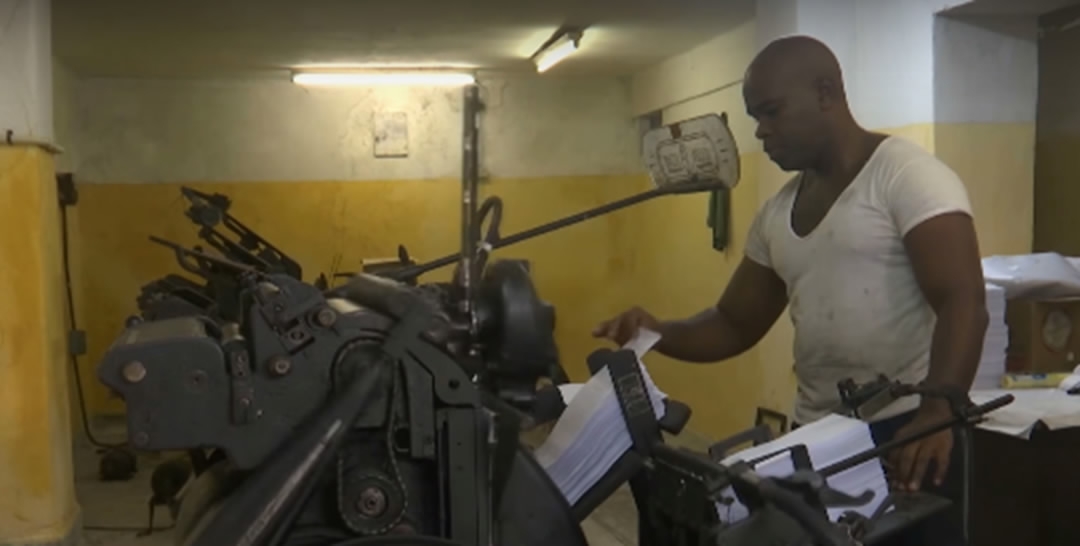
CGTN Photo
CGTN Photo
In May, the machines were put to the test, once again rolling the monthly Kwong Won Po newspaper off the presses. The four-page publication is in Mandarin and Spanish and covers cultural news and local stories.
In the digital age, it’s about more than just conserving old traditions.
"A community that loses its history loses its identity. If we don’t recuperate and conserve these machines, and if we don’t print the daily life of a community, what are historians, sociologists and philosophers going to investigate or write about?" said Chinese Tradition House Director Teresa Li.
Kwong Wah Po will celebrate the 90th anniversary of its founding next year.
12755km

SITEMAP
Copyright © 2018 CGTN. Beijing ICP prepared NO.16065310-3
Copyright © 2018 CGTN. Beijing ICP prepared NO.16065310-3